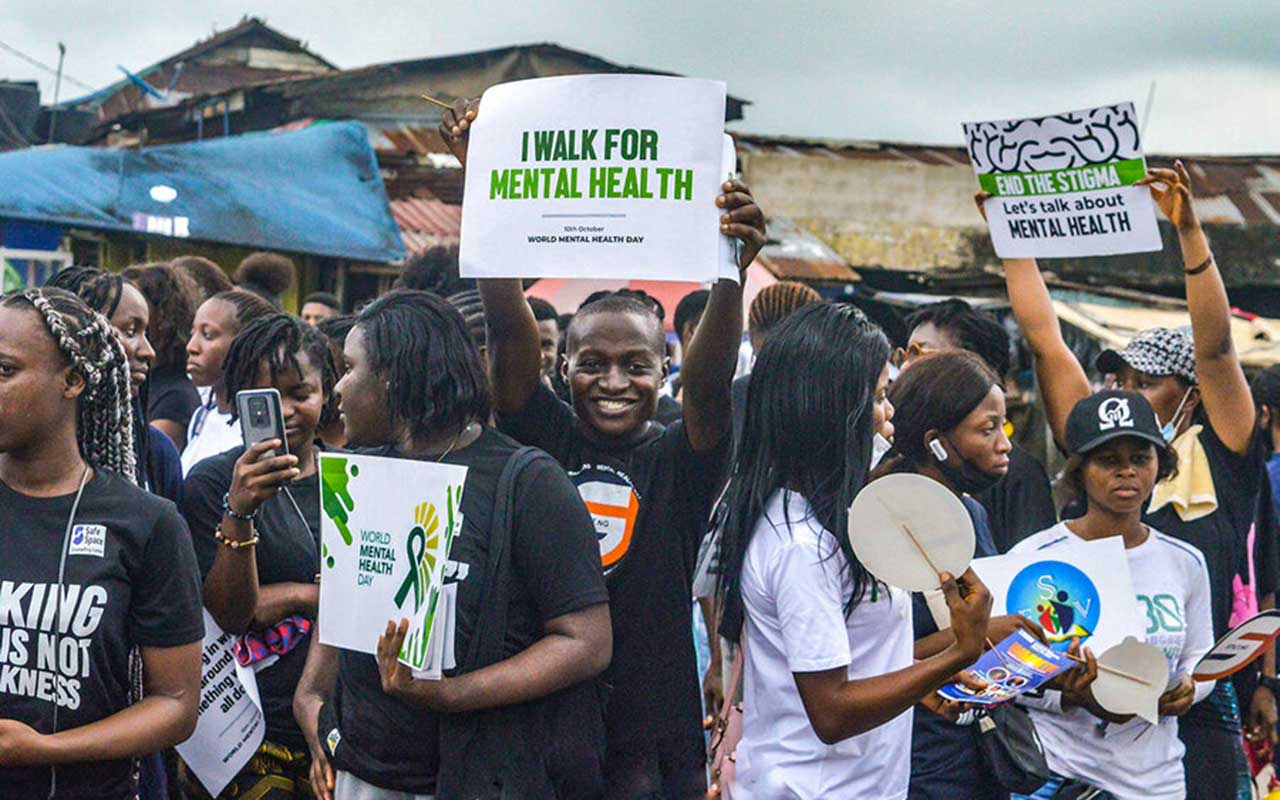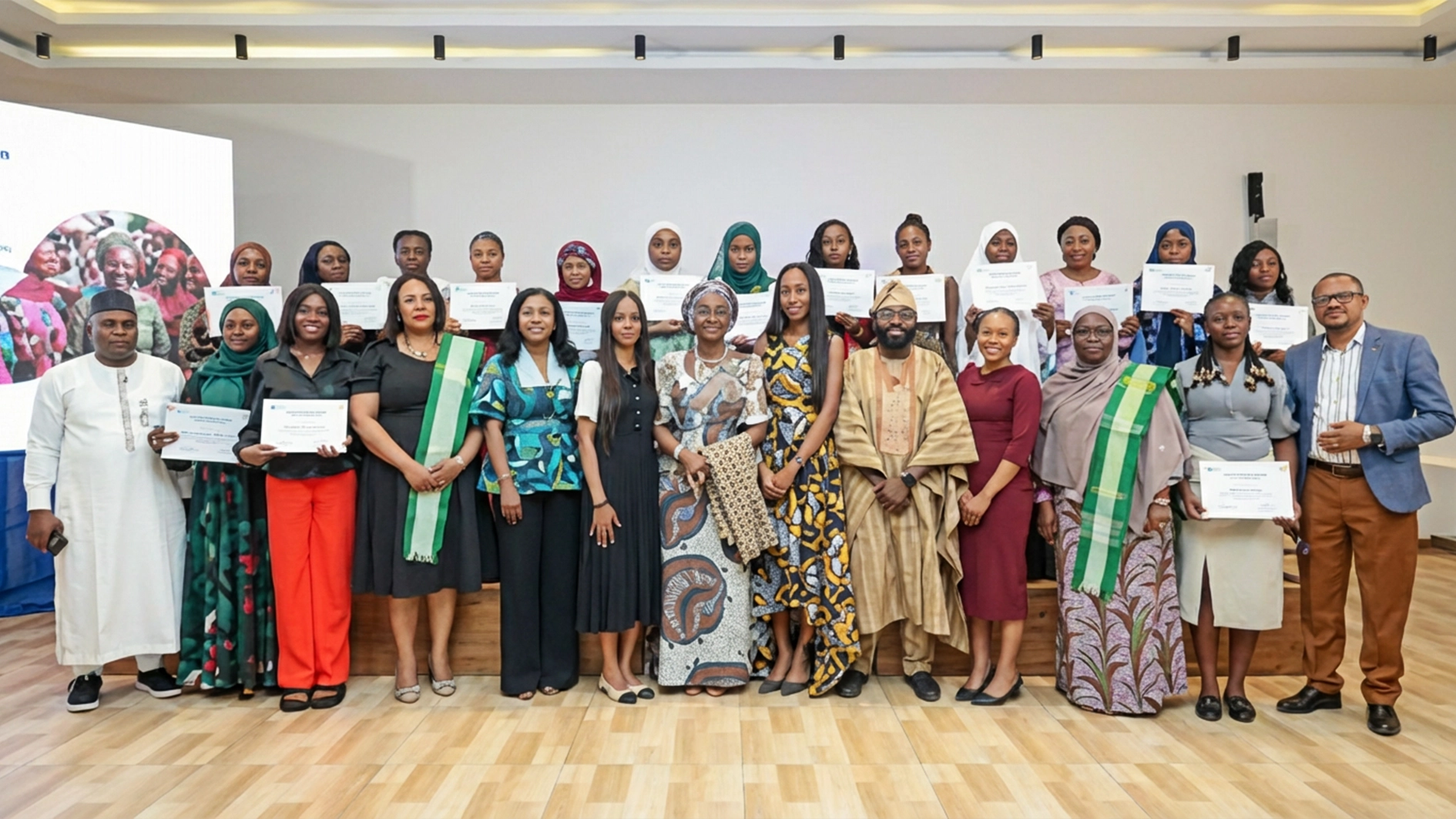 •Psychiatrists urge private sector support to mitigate crisis
•Psychiatrists urge private sector support to mitigate crisis
The harsh socio-economic realities may be exposing many young Nigerians to depression, anxiety and behavioural disorders.
World Health Organisation (WHO) noted that emotional disorders are common among adolescents. Anxiety disorders (which may involve panic or excessive worry) are the most prevalent in this age group and are more common among older than younger adolescents.
It is estimated that 3.6 per cent of 10–14-year-olds and 4.6 per cent of 15–19-year-olds experience an anxiety disorder. Depression is estimated to occur among 1.1 per cent of adolescents aged 10–14 years and 2.8 per cent of 15–19-year-olds.
The more risk factors adolescents are exposed to, the greater the potential impact on their mental health. Factors that can contribute to stress during adolescence include exposure to adversity, pressure to conform to peers and exploration of identity.
Media influence and gender norms can exacerbate the disparity between an adolescent’s lived reality and their perceptions or aspirations for the future. Other important determinants include the quality of their home life and relationships with peers. Violence (especially sexual violence and bullying), harsh parenting and socioeconomic problems are recognised risks to mental health.
WHO stated that some adolescents are at greater risk of mental health conditions due to their living conditions, stigma, discrimination or exclusion, or lack of access to quality support and services.
These include adolescents living in humanitarian and fragile settings; adolescents with chronic illness, autism spectrum disorder, an intellectual disability or other neurological condition; pregnant adolescents, adolescent parents, or those in early or forced marriages; orphans; and adolescents from minority ethnic or sexual backgrounds or other discriminated groups.
The National Bureau of Statistics (NBS) data shows that youth unemployment in Nigeria rose in the third quarter of 2023 by 0.8 per cent. The nation’s statistical agency said the unemployment rate among youth aged (15-24 years) was 8.6 per cent in Q3 2023 and got an increase of 1.4 per cent compared to Q2 2023.
This translates to millions of young Nigerians struggling to find stable work, leaving them with feelings of hopelessness and financial insecurity. A report by the World Bank, “Poverty & Equity Brief Nigeria” in 2023 estimated that over 82.9 million Nigerians live below the national poverty line.
However, experts have said economic hardship creates a constant state of stress and anxiety, particularly for young people who are often financially dependent on their families.
Mental health experts have also warned of a growing crisis and called for value restoration in communities.
The President, the Association of Psychiatrists of Nigeria (APN), Prof Taiwo Obindo, who raised concern about mental health crisis among young Nigerians, highlighted the link between poverty and depression. “90 per cent of those who attempted to take their lives had underlying mental health issues, and 80 per cent of that 90 per cent was a result of depression,” he said.
Obindo explained how unemployment, underemployment, and insufficient wages create a vicious cycle of despair. “People are not able to meet their needs, they lose jobs, even the sick can’t access medical care due to lack of funds, and medications are now expensive,” he said.
The professor pointed a finger at social media, stating that the advent of social media has led to a breakdown in social or ethical values.
He explained how such a platform amplifies the lifestyles of those who have acquired wealth through questionable means, like internet fraud.
“The people who did not do well in school, and academics, are the ones who are leading now,” he lamented while pointing out a shift in societal priorities, painting a picture that hard work and education are no longer celebrated.
Obindo emphasised the importance of ethical values. “We give credence to the wrong things, people celebrate those who have money, regardless of the source,” he stated. This erosion of ethical standards, he said, fuels a sense of hopelessness and depression when young people struggle to achieve the same level of success through legitimate means.
A former Chief Medical Director (CMD), Lagos State University Teaching Hospital (LASUTH), Dr Femi Olugbile, attributed mental health issues to increasing socioeconomic pressures among young people.
Olugbile, a consultant, in mental health said: “It is to be expected during periods of socio-psychological upheaval in society that there would be an upswing in the incidence of mental disorder and that the most vulnerable segment of society would be adolescents and young adults in school or entering the labour market.”
He quoted the Lagos Mental Health Survey of 2015 which showed that 5.5 per cent of adults in Lagos had evidence of major depressive disorder, while 3.5 per cent suffered from anxiety. While 7.3 per cent had thought about suicide in the recent past, and roughly 10 per cent were misusing alcohol or psychoactive substances.
He said: “There are impressionistic reports that these figures increased drastically during the COVID-19 pandemic when everyone was under severe stress. Nowadays with the even more severe stress of unemployment, inflation, and uncertainties about the future, it is reasonable to project that those figures would be higher and the most impact would be on the youth.”
On the effectiveness of current mental health resources and support systems for young people, he said, the system is overstretched and thin on the ground.
He disclosed efforts to increase awareness and ensure preventive strategies among the public. “As specialists and support staff continue to emigrate. It is necessary to maximise the effectiveness of those on the ground through task shifting and making basic mental health services available to the grassroots at the primary healthcare level.
“There is a need to increase participation of the private sector in advocacy and service provision. Health insurance enrollment needs to be made compulsory for everyone, and the insurance coverage must include minor and major mental disorders.
“Every effort must be made to improve the economic and employment situation, especially for the youths. Interdiction must be cranked up to reduce the availability of harmful drugs of abuse on the streets. Advocacy must be stepped up even more, and counselling and early intervention services must be widely available in society,” he noted.
For a social worker at the Federal Neuro-Psychiatric Hospital Yaba, Lagos, Ajetunmobi Abolaji, lack of basic amenities, inability to feed, lack of funds to take care of immediate needs, and poor economy contribute to people being depressed and stress. Other socio-economic factors leading to a rise in suicides include loneliness, poor coping mechanisms and abandonment.
Speaking on the level of awareness about mental health issues and access to mental health services among young Nigerians, she said mental health services are expensive.
The humanitarian worker stressed the importance of community action and listening to young Nigerians to break the stigma, as well as offering support, volunteering, and promoting open conversations.
She urges action, saying education, accessible resources, open communication, and work-life balance, adding that all parties – government, social organisations, and families – must collaborate to tackle the situation.
On coping mechanisms, an associate professor, John Adenle in the Department of Creative Arts, University of Lagos (UNILAG) and a fellow of art in medicine, recommended activities including creative art, meditation, and listening to music that help among others.
He advised Nigerians to go back to the community values where a parent gives birth to a child and the whole community raises the child. He also said government should celebrate hardworking people, and contribute values to society and not celebrities or influencers with questionable character.






